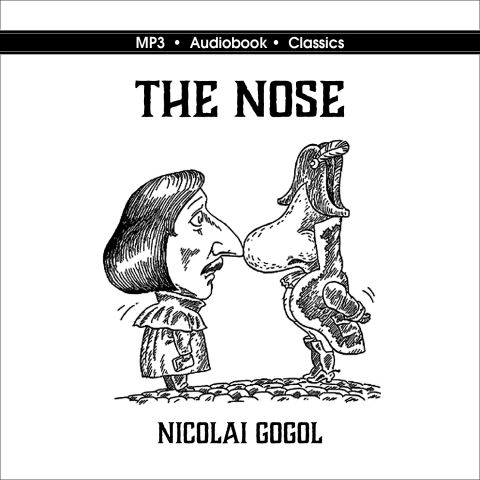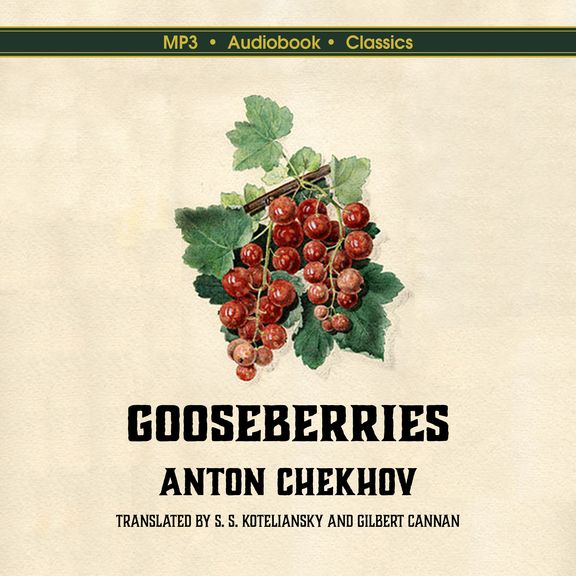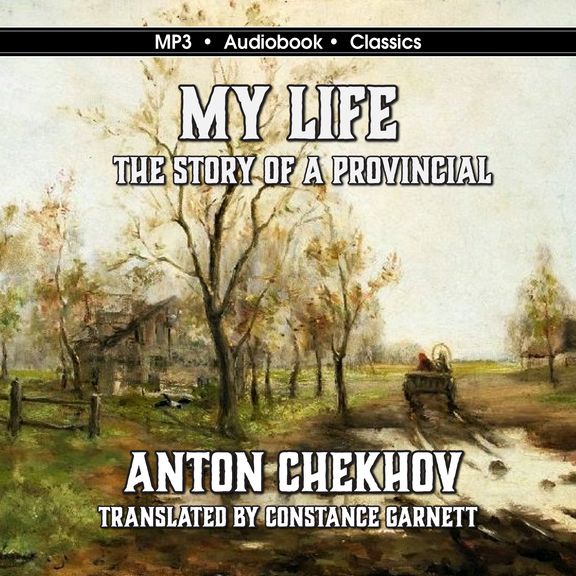
The Nose
By Nicoloai Gogol
In 1722 Peter the Great introduced a system of positions and ranks for the military, the government, and the Russian court which enabled commoners to gain a modicum of nobility through service to the state. He did so in order to diminish the power of the hereditary nobility with whom he was struggling. This led to large bureaucracies and an obsession with appearances and status, a situation ripe for the brilliant satire of “The Nose”. The story is an absurd, comic, surreal and sometimes grotesque send up of Major Kovalyov, who wakes up one morning to find his nose missing. The story has three parts. In part one, Kovalyov’s barber finds his client’s nose in his breakfast and is nabbed by the police when he tries to throw it off a bridge. In part two, Kovalyov awakes to find his nose gone. When he leaves to report the loss, runs into it on the street dressed in the uniform of an important official who outranks him. He chases it, but the nose eludes him until it is apprehended it is about to flee the city by coach. The nose is returned to Kovalyov, but it can’t be re-attached, leading him to suspect that a curse has been placed on him. Meanwhile, the nose has become the talk of the town. In part three, the Major awakes with the nose fully intact. Things just drift back to normal. The story is a staple of Russian literature, has been staged and adapted numerous times, and has had a monument erected in its honor in St. Petersburg.
- The Nose - Part 1 Nicolai Gogol 9:30
- The Nose - Part 2 Nicolai Gogol 40:43
- The Nose - Part 3 Nicolai Gogol 5:43
- The Nose - part 4 Nicolai Gogol 2:26


